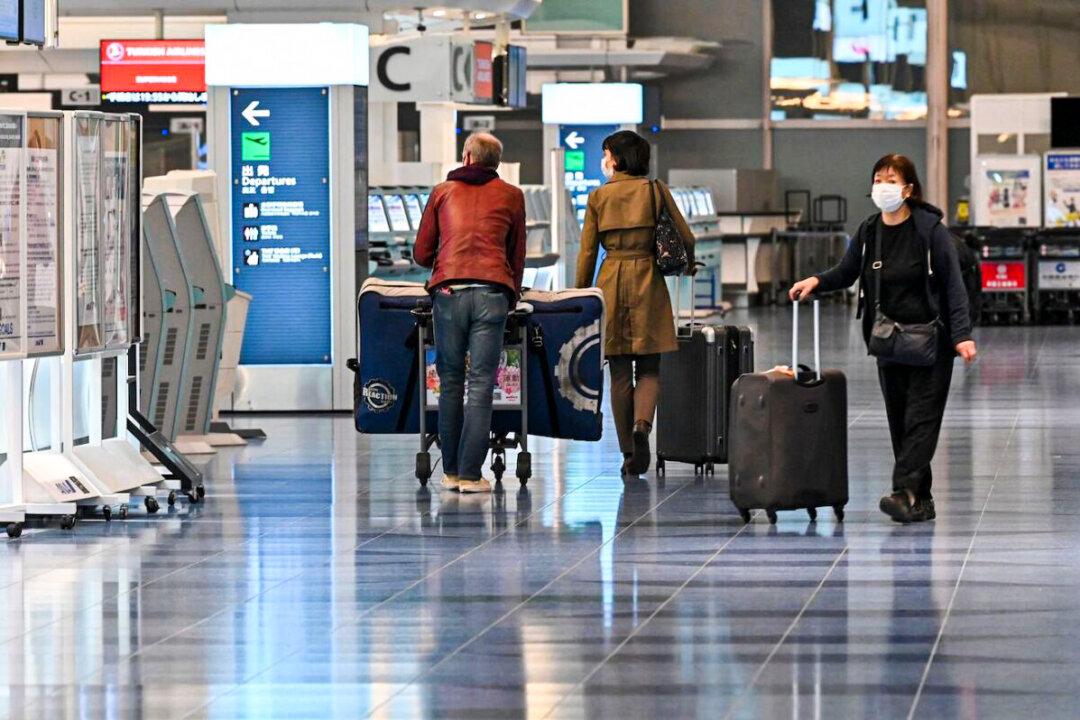The U.S. State Department on late Thursday warned Americans who are traveling outside the country to “make contingency plans” amid restrictions associated with rising COVID-19 cases worldwide.
“U.S. citizens who do choose to travel internationally should make contingency plans, as they may have to remain in a foreign country longer than originally planned, which will be at their own expense,” the State Department said in a statement.





